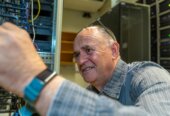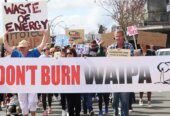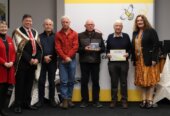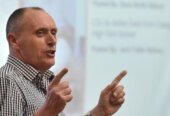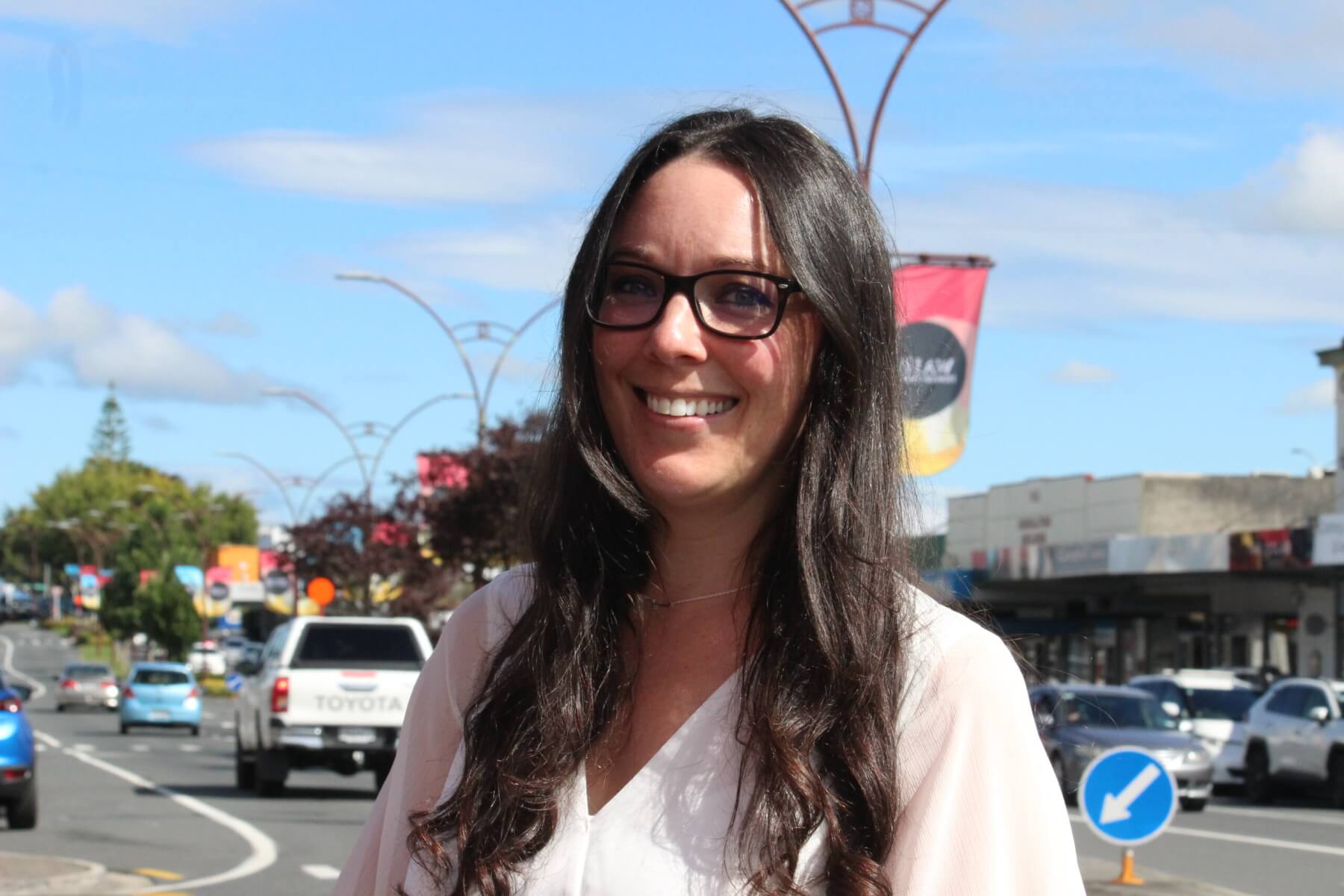
Janine Krippner
The ability to monitor volcanoes comes from a solid mix of technology, research, time, and experience.
Thankfully, here in New Zealand we have these things. Before an eruption occurs – which is where magmatic material (lava, pyroclastic flows, volcanic ash) comes out at the surface, the magma must move upwards from where it sits far below the ground, and this process produces signals that we detect. These signals include seismicity composed of earthquakes and/or vibrations that travel through the Earth, the emission of different gases that are released from magma as it rises to shallower depths, a slight change in the shape of the Earth’s surface (deformation), changes in heat signatures, water chemistry, and visual changes. These require technical equipment, the ability to process the complicated and huge datasets, and the expertise to understand what the signals mean. Another important factor is knowing what the “background activity” is at each volcano, as earthquakes and gas emission are a normal part of being a sleeping volcano and we need to know what is normal to see when something abnormal begins. We need volcano monitoring through time. The longer the better.
Each volcano has its own personality, so understanding the individual history is very important. We do this by studying the deposits of past eruptions – the stuff that came out and landed around the vent or was transported far away (like lahars or volcanic ash). Knowing what a specific volcano is more likely to do helps to narrow down the dangers, and where those dangers are likely to occur. We do this through research involving field work (going to the volcano), lab work to analyse the properties of the rocks, computer work where we use mathematical models to understand different aspects of the eruptions, and then comparing them to similar volcanoes elsewhere.
It seems obvious to say that we need the right expertise, but this can be taken for granted. To be a volcanologist you pretty much need a PhD, then years of building experience on top of this. Volcano monitoring requires teams of people who understand the rocks, the chemistry, the physics, the larger volcanic systems as a whole, the technology required, and the people and communication aspects (social sciences). It is common for me to see a talk given by a volcanologist with a different specialty and struggle to keep up with their specific, in-depth, technical science. This is not ever a one-man or woman show. I love how much science goes into a single volcanic activity bulletin, or most seemingly simple statements about volcanoes that we take for granted.
What happens when we don’t have these things? You may have heard about the 79 AD eruption of Vesuvius that destroyed several cities including Pompeii, killing anywhere up to 16,000 people. Today we would understand the warning signs, and much sooner. This mix of technology, research, time, and experience (which requires good financial funding and we never have enough) are critical for keeping people safe, and communities functioning when, not if, we have our next eruption.





